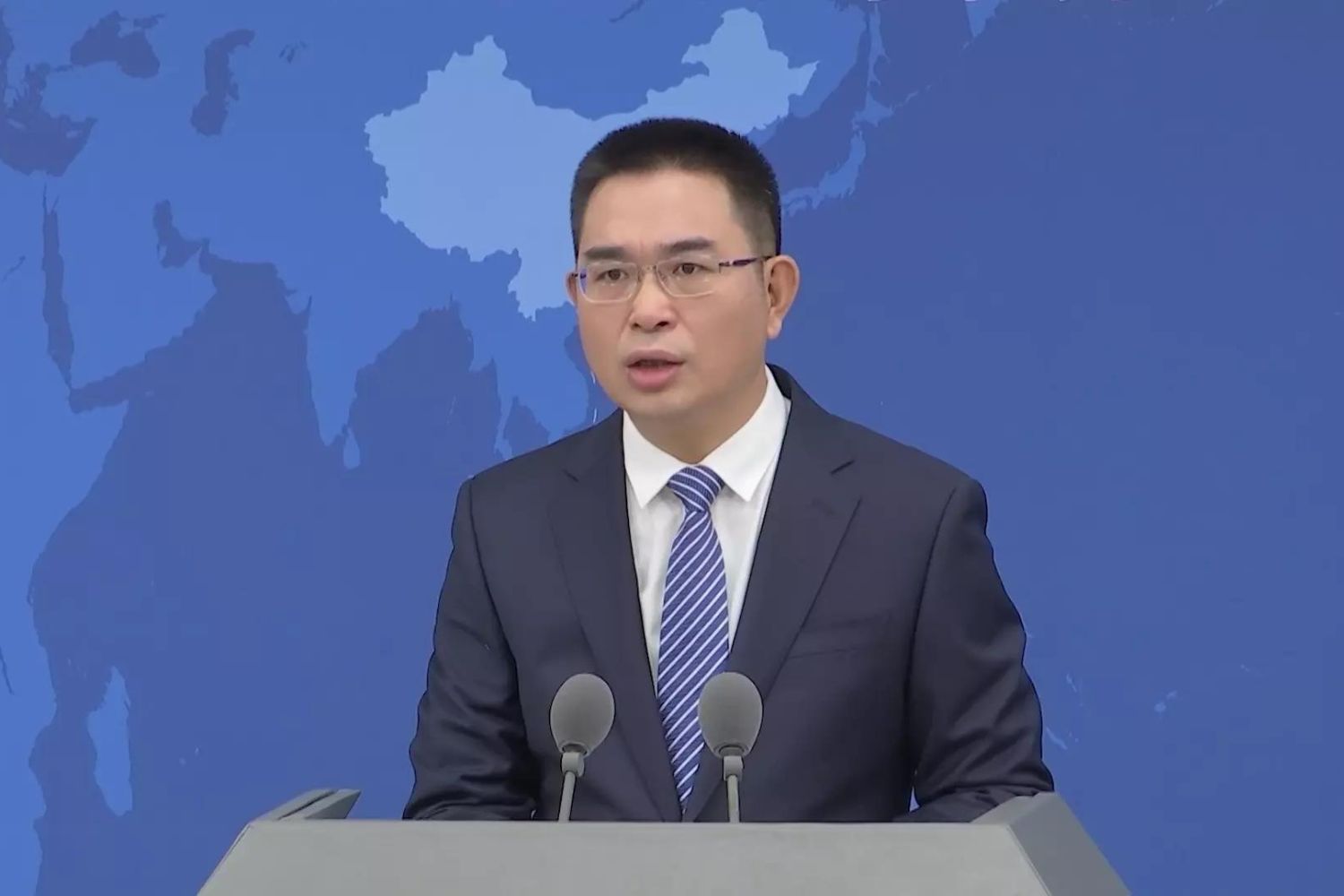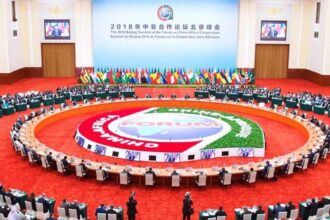As Taiwan prepares for its upcoming leadership election, tensions between the United States and China are escalating following the passage of a new defense bill by Washington.
The 2024 National Defense Authorisation Act not only promises additional military support for Taiwan but also includes a troop training program, raising concerns about the timing and potential impact on the delicate political situation in the region.
US moves raise eyebrows
The passage of the defense bill has drawn sharp criticism from Beijing, with accusations of Washington’s interference in Taiwan’s leadership election.
CGTN reporter Zhao Yunfei explains that the move is seen as a significant step by the U.S., endangering the stability in the Taiwan Strait and signalling a commitment to arming and militarising Taiwan.
ALSO READ: Biden, Xi compete for Asia-Pacific allies at summit
WATCH: US Interference in Taiwan Regional Election
The current developments contradict historical agreements, such as the 1982 August 17 Communique between Beijing and Washington.
The communique outlined a commitment by the U.S. to gradually diminish arms sales to Taiwan over time, leading to a final resolution.
However, the recent actions by the U.S. appear to deviate from these past commitments, sparking concerns and objections from China.
ALSO READ: How worried should we be about the pneumonia outbreak in China?
China objects to foreign interference
China’s official stance on the matter emphasises that the Taiwan issue is China’s internal affair, and they adamantly oppose any foreign interference.
Chen Binhua, spokesperson for the State Council Taiwan Affairs Office, accuses the U.S. of supporting “Taiwan independence” separatist forces and adding fuel to the cross-Straits confrontation.
“Some people in the United States say they hope for peace and stability in the Taiwan Straits, but in fact, they are accelerating the arming of Taiwan, supporting the so-called “Taiwan independence” separatist forces, inciting cross-Straits confrontation, and adding fuel to the fire.”
In response to the recent U.S. arms sales to Taiwan, China has imposed sanctions on five U.S. defence industry companies. The move underscores the growing tensions between the two nations and raises questions about the potential impact on broader U.S.-China relations.
Liu Kuangyu from the Institute of Taiwan Studies warns that if the Biden administration fails to restrict provocations, it could adversely affect future dialogues, communications, and cooperation between the U.S. and China in various areas.
China’s Ministry of National Defense spokesperson, Wu Qian, also called on the U.S. to stop interfering in Taiwan affairs, describing it as a dangerous “gamble.”
As the situation unfolds, the international community watches closely, concerned about the potential repercussions of the escalating tensions between the United States and China in the lead-up to Taiwan’s crucial leadership election.













